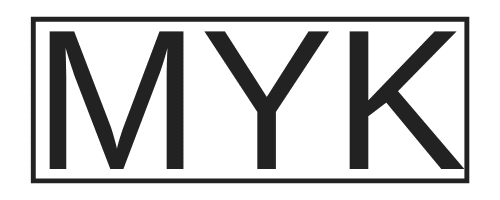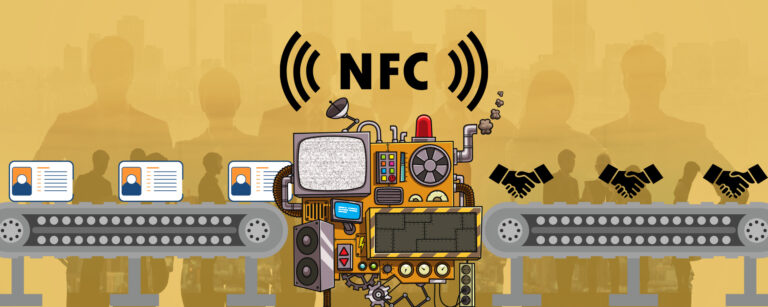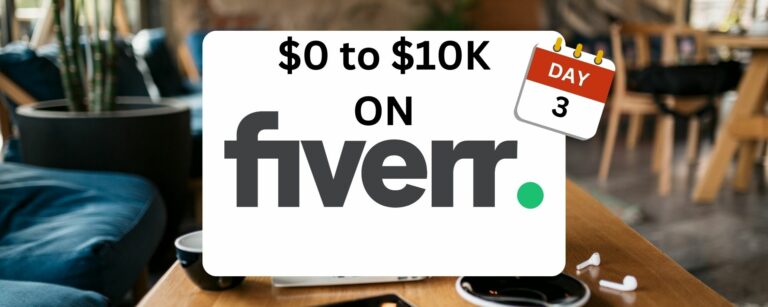The Pros and Cons of Freelancing vs. Full-Time Work
There is no point in sugarcoating it; freelancing is not for everyone! It can be a great way to make money and have a flexible schedule, but it comes with risks and rewards. Before becoming a freelancer, understanding the pros and cons of freelancing will help you make decisions with your eyes wide open. Assess your strengths and weaknesses before leaping, and understand there are no guarantees when freelancing.
What is Freelancing
Freelancing is a form of self-employment where people provide services to businesses, organizations, and individuals on a contract basis. Freelancers are independent contractors who take on short-term projects for clients instead of working in traditional employment. They typically set their hours, choose their projects, and have the freedom to work for yourself from anywhere in the world. Freelancers often specialize in specific areas such as web design, graphic design, or software development but can offer any service they are qualified and experienced in providing.
The Ideal Freelancer
Contrary to what some may believe, not everyone is ready to excel as a freelancer (though you can learn). The ideal freelancer is self-motivated, disciplined, and can manage their time effectively. They are comfortable working independently, enjoy problem-solving, and are confident in their abilities to deliver quality work. They are excellent communicators with clients and collaborators and are fearless in negotiating terms and rates for their services.
The Skillset Required to Be a Freelancer
To be a successful freelancer, you must have a skill set that sets you apart from the competition; industry-specific knowledge, technical skills, and soft skills such as communication, time management, and problem-solving.
Technical Skills
The specific skills you need will depend on what type of freelancing you plan to do. As a freelancer, your goal should be to stack your skills and increase your value proposition for your clients. Online learning platforms like the ones below are a great way to improve and build your skillset as a freelancer.
Soft Skills
Understanding your client’s problems from their perspective and communication are crucial skills to being a freelancer. Effective business communication, written and verbal, should be one of the top skills you hone as a freelancer. Your ability to think on your feet and develop creative solutions while building client relationships will set you apart from the competition.
Business Skill
As a freelancer, you are essentially a self-employed business owner. Your ability to effectively manage your finances, market your services and stay organized are all essential skills you must master to be successful. Knowledge of best practices, industry trends, and a good understanding of digital marketing will give your business an edge.
Now that we have discussed some of the skills needed, let’s dive into the pros and cons of freelancing.

The Pros of Freelancing
Below is a list of some benefits I have experienced after becoming a freelancer.
Work-Life Balance

As a freelancer, you choose your projects and the hours you work. Create the proper rules for yourself, maintain a flexible work-life balance, and avoid burnout. Prioritize the things vital to you, whether traveling the world or making sure you go to your kid’s baseball game. Freelancers have control over their work schedule, unlike traditional jobs.
Earn Better Money
How much you earn as a freelancer is entirely up to you. You are your own boss. You choose the rates you charge and reap all the rewards for your efforts. If you want to charge higher rates, increase your skills and find clients willing to pay the rates you want. Your pay doesn’t depend on an annual review or what your boss thinks of your work; it’s all under your control.
Freedom To Choose Your Clients
One of the significant benefits of running your own business is the ability to set your own rules about who you work with. If you have a type of client you don’t like working with, don’t accept the freelance job. Tim Ferris talks about it in the 4-Hour Work Week. Identify the 20% of your ideal clients that produce 80% of your revenue, eliminate the rest, and find more ideal clients.
You are the Boss

Being your own boss is a double-edged sword and doesn’t work for everyone. For some, the idea of someone telling you what to do is unbearable; for others, it’s comforting. After experiencing the freedom of freelance work, I could never go back to a traditional job.
Set Your Own Schedule
Freelancing gives you that freedom if you’re a night owl, have kids, or want to wake up at 10 am and work from home. You can set your hours to match your lifestyle; this is not something traditional employment offers.
Work From Anywhere
While only true of some freelance work, with the right skills, you can work from anywhere worldwide if you have the right skills. Working remotely is an option, so if you love to travel and want to make money on the go, freelancing might be for you.
Tax Write-Offs
Running a freelance business can have significant tax advantages depending on where you call home. If you are registered as a sole proprietorship or have incorporated, you may be able to write off business expenses against your freelance income. If you have a home office, you may be able to include things like mortgage payments and even some of your utility bills. Speak with a reputable accountant; they can help you file self-employment taxes or advise you about incorporating.
Leave The Office Politics Behind
Often a staple of the traditional workplace, office politics can be the bane of your professional life. As a freelancer, you can leave office politics behind.
The Cons Of Freelancing
It’s not all roses and sunshine, and there are a few potential negatives you should pay attention to.
Less Job Security

Inconsistent work is the number one drawback of being a freelancer. With a full-time job, you have the security of a regular paycheck. As a freelancer, you never know when your next client is coming. You cannot control the economy and may need help finding freelance jobs. Having consistent work and finding your next client is a top freelancer priority. You need to establish an emergency fund for yourself and your freelance business.
You Are The Boss
This is your own business, which means everything is your responsibility. As a freelancer, you must wear multiple hats, including customer service, marketing, advertising, accounting, and all other business roles. It’s a lot more work than a traditional job.
No Paid Time Off
Until you hire your first virtual assistant or begin to outsource, you are essentially self-employed. There is no time off as the only person that creates cash flow. Similar to self-employed people, you only make money when you work. I recommend considering your freelance career as a business rather than a series of remote jobs. Build processes and systems that will generate revenue with or without you.
Lack Of Employee Benefits
Full-time workers have employee benefits like health insurance, 401k matching, and paid vacation time. As a freelancer, you will need to take on those responsibilities yourself. While you don’t have an employer, you can purchase your own insurance, establish retirement accounts and hire staff so that you can take vacations.
Working In Isolation
Freelancing can be isolating if you are used to working in a team environment. As a full-time employee, you have people around from 9–5, but that is not always the case as a freelancer. Fortunately, many co-working spaces and virtual team events help bring people working remotely together.
Staying Focused Can Be Challenging
Staying productive and focused can be a serious challenge when you start freelancing. It takes a lot of self-discipline to stay motivated at home, surrounded by all the distractions. Creating an effective self-management system is essential to completing freelance jobs promptly. You may also need to manage multiple clients and multiple projects simultaneously to have sufficient cash flow. Managing your time across multiple competing priorities is an important skill.
Clients Can Be Challenging
Finding clients at the beginning is challenging, and you may be stuck with demanding people, people who don’t pay or are disrespectful. Be prepared to stand up for yourself. Set boundaries and expectations early on, and don’t be afraid to fire a client if necessary. Make sure to use contracts and secure payments in advance.
No Support Team
At a regular job, there is a company support system available when you need it. As a freelancer, the support system is much smaller. You are alone, and there IT isn’t a phone call away. You must become an expert in all your business’s critical systems and functions.
Taxes Are More Complicated

Filing income tax as a freelancer is more complicated than as an employee. If you work remotely outside your home country, claiming your freelancing income can be even more challenging. Keeping track of your expenses is essential both as a business and for tax purposes.
Final Thoughts
Understanding the pros and cons of freelancing before taking the plunge is essential. Many opportunities exist for talented and motivated individuals who want to make a living doing what they love. However, it is not all rainbows and sunshine — you must accept the risks and challenges of a freelancing career. If you’re willing to put in the effort, freelancing can be an enriching career path!
Good luck!







